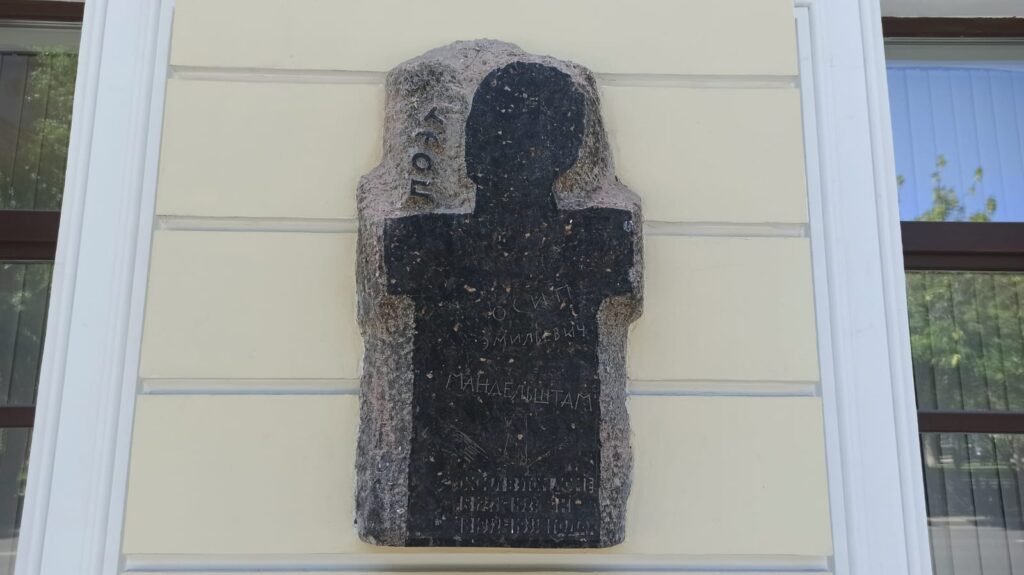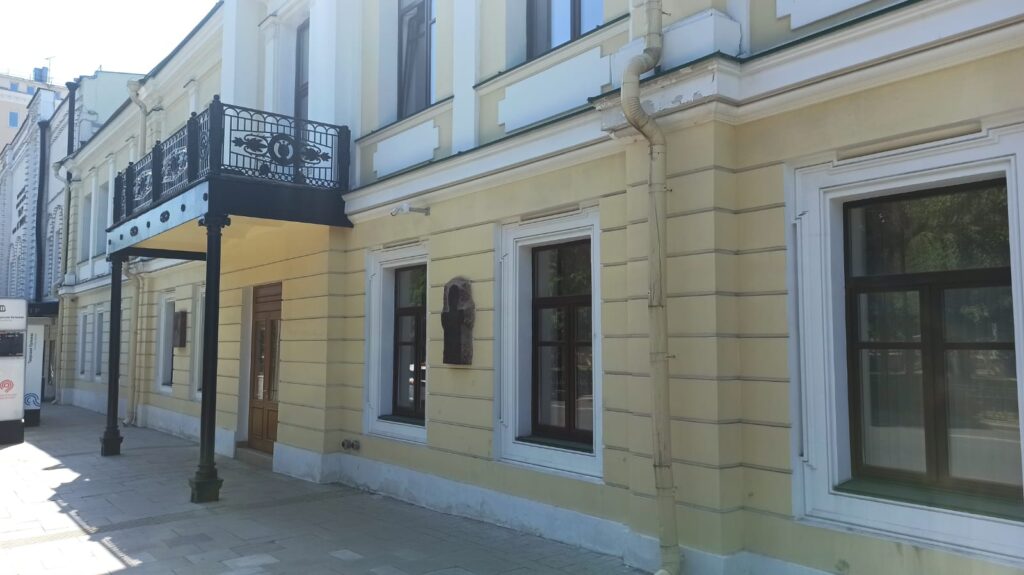Osip Emilevich
Mandelstam
1891-1938

Osip Emilevich Mandelstam was a Russian poet, novelist and translator, essayist, critic, and literary critic. He was one of the greatest Russian poets of the XX century. He studied in France, then moved to St. Petersburg. In 1910, Osip’s poems were published for the first time in the St. Petersburg magazine Apollo. Mandelstam’s early work tended toward the Symbolist tradition. After his meeting with Nikolai Gumilev and Anna Akhmatova, Mandelstam was a regular attendee of the Poets’ Workshop, which met to discuss and write. In 1913, his first collection of poems, The Stone, was published. In 1914 the writer was elected a member of the All-Russian Literary Society. In 1918 the poet worked for the newspapers Strana, Vechernyaya Zvezda, Znamya Truda. He also worked in the People’s Commissariat for Education (Narkompros). Poems from the period of World War I and Revolution (1916-1920) formed the second book Tristia (“Mournful Elegies”, title taken from Ovid). It was published in Berlin in 1922. In 1923, the Second Book was published with a general dedication to “N. K.—his wife. From May 1925 to October 1930, there was a pause in poetic creativity. At that time, Mandelstam was writing prose. In 1928, the last lifetime poetry collection Poems was published, and a book of his selected articles On Poetry came out. Mandelstam was sent into exile in 1933 for writing a scathing epigram. From 1934 to 1937, Mandelstam was exiled to Voronezh, where he lived in poverty but did not stop writing. After he was allowed to leave, he was arrested again and exiled to the Far East. In 1938, Mandelstam died of typhus in a transit camp on the Vtoraya Rechka River (now near Vladivostok). The poet’s grave is still unknown. A commemorative granite plaque is installed on the building of the A.M. Gorky Literary Institute in memory of the poet.
Address: Moscow, Tverskaya blvd., 25, p. 1

